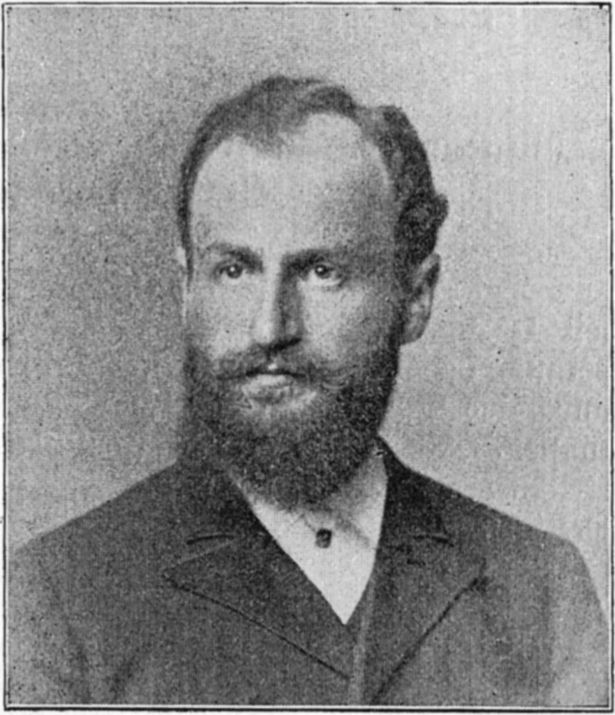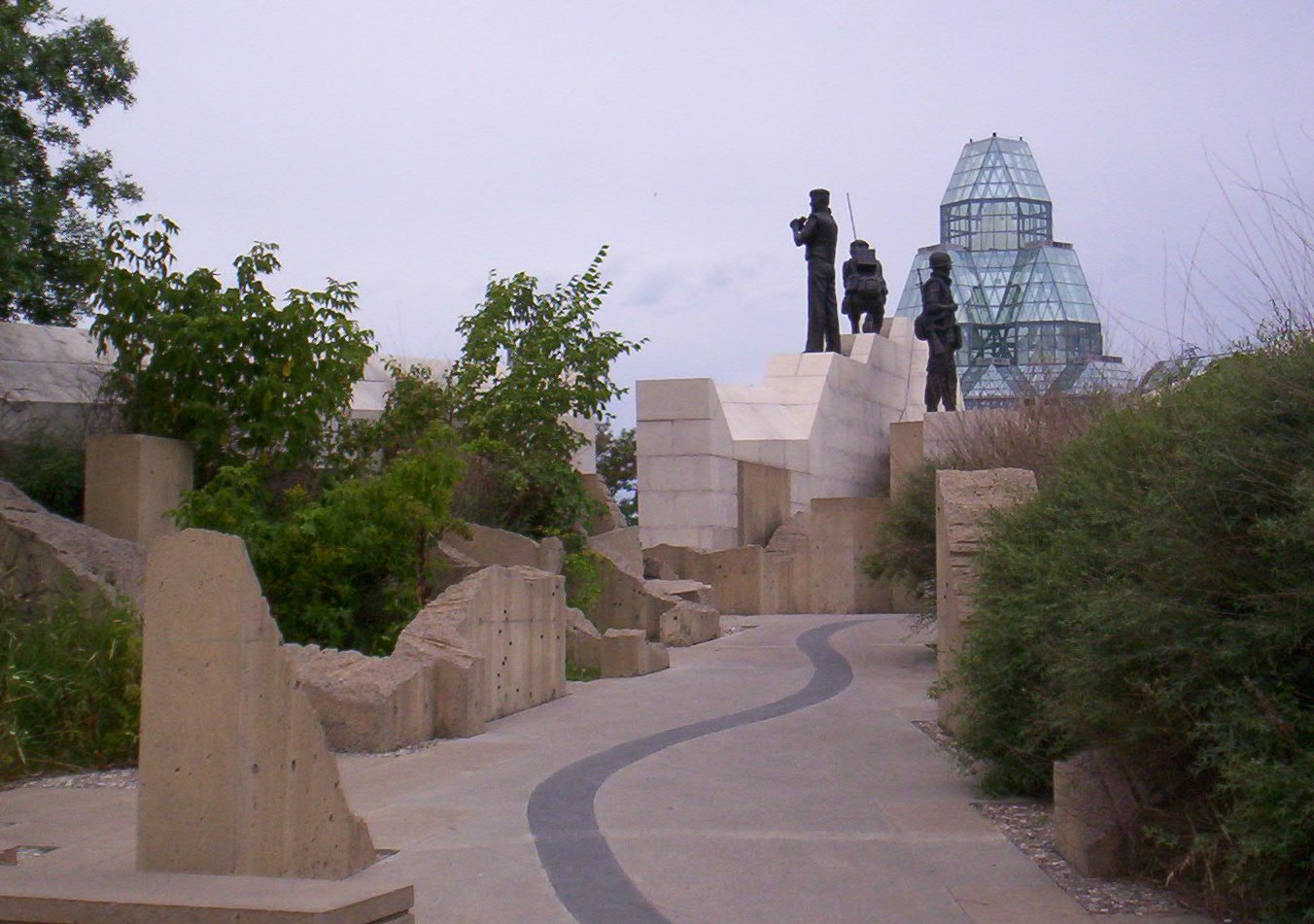|
Ignaz Jastrow
Ignaz Jastrow (13 September 1856, Nakel - 2 May 1937, Berlin) was a German economist and historian. Biography He was educated at the universities of Breslau, Berlin, and Göttingen. He became a university docent at Berlin in 1885 and was Leopold von Ranke's assistant in historical work. In 1904 he pursued industrial investigations in the United States, and in 1905 became professor of Administrative Science at Berlin. One daughter, Elisabeth Jastrow Elisabeth Jastrow (October 7, 1890 – September 1981) was a German-born American classical archaeologist. Her research focus included arulae (small altars). Early life and education Elisabeth Anna Marie Jastrow (nickname, "Ebit" or "Ebith") was ..., was a classical archaeologist; the other Beate Jastrow Hahn, was an accomplished horticulturalist and author of 5 books. His granddaughter, Cornelia Oberlander was a highly respected landscape architect. Works * * ''Geschichte des deutschen Einheitstraumes und seiner Erfüllung'' ... [...More Info...] [...Related Items...] OR: [Wikipedia] [Google] [Baidu] |
Ignaz Jastrow 1895
Ignaz is a male given name, related to the name Ignatius. Notable people with this name include: * Franz Ignaz Beck (1734–1807), German musician * Heinrich Ignaz Franz Biber (1644–1704), Bohemian-Austrian musician * Ignaz Brüll (1846–1907), Moravian-born pianist and composer who lived and worked in Vienna * Ignaz Bösendorfer (1796–1859), Austrian musician and piano manufacturer * Ignaz Franz Castelli (1780–1862), Austrian dramatist * Ignaz Döllinger (1770–1841), German doctor, anatomist and physiologist * Ignaz Aurelius Fessler (1756–1839), Hungarian ecclesiastic, politician, historian * Ignaz Friedman (1882–1948), Polish pianist and composer * Ignaz Fränzl (1736–1811), German violinist, composer * Ignaz Günther (1725–1775), German sculptor and woodcarver * Ignaz Holzbauer (1711–1783), German composer * Ignaz Kirchner (1946–2018), German actor * Ignaz Maybaum (1897–1976), rabbi and Jewish theologian * Ignaz Moscheles (1794–1870), Bohemian composer * I ... [...More Info...] [...Related Items...] OR: [Wikipedia] [Google] [Baidu] |
Cornelia Oberlander
Cornelia Hahn Oberlander (20 June 1921 – 22 May 2021) was a German-born Canadian landscape architect. Her firm, Cornelia Hahn Oberlander Landscape Architects, was founded in 1953, when she moved to Vancouver. During her career she contributed to the designs of many high-profile buildings in both Canada and the United States, including the Robson Square and the Law Courts Complex in Vancouver, the National Gallery of Canada, the Canadian Chancery in Washington D.C., the Library Square at the Vancouver Public Library, the Museum of Anthropology at the University of British Columbia, and Northwest Territories Legislative Assembly Building in Yellowknife. Family and early life Oberlander was born at Muelheim-Ruhr, Germany, on 20 June 1921, the daughter of Beate (Jastrow) and Franz Hahn. She was the niece of educationalist Kurt Hahn, the founder of Schule Schloss Salem in Germany, Gordonstoun in Scotland, and UWC Atlantic College in the UK; as well as the niece of Elisa ... [...More Info...] [...Related Items...] OR: [Wikipedia] [Google] [Baidu] |
University Of Breslau Alumni
A university () is an institution of higher (or tertiary) education and research which awards academic degrees in several academic disciplines. ''University'' is derived from the Latin phrase ''universitas magistrorum et scholarium'', which roughly means "community of teachers and scholars". Universities typically offer both undergraduate and postgraduate programs. The first universities in Europe were established by Catholic Church monks. The University of Bologna (), Italy, which was founded in 1088, is the first university in the sense of: *being a high degree-awarding institute. *using the word ''universitas'' (which was coined at its foundation). *having independence from the ecclesiastic schools and issuing secular as well as non-secular degrees (with teaching conducted by both clergy and non-clergy): grammar, rhetoric, logic, theology, canon law, notarial law.Hunt Janin: "The university in medieval life, 1179–1499", McFarland, 2008, , p. 55f.de Ridder-Symoens, Hilde' ... [...More Info...] [...Related Items...] OR: [Wikipedia] [Google] [Baidu] |
Academic Staff Of The Humboldt University Of Berlin
An academy ( Attic Greek: Ἀκαδήμεια; Koine Greek Ἀκαδημία) is an institution of secondary or tertiary higher learning (and generally also research or honorary membership). The name traces back to Plato's school of philosophy, founded approximately 385 BC at Akademia, a sanctuary of Athena, the goddess of wisdom and skill, north of Athens, Greece. Etymology The word comes from the ''Academy'' in ancient Greece, which derives from the Athenian hero, ''Akademos''. Outside the city walls of Athens, the gymnasium was made famous by Plato as a center of learning. The sacred space, dedicated to the goddess of wisdom, Athena, had formerly been an olive grove, hence the expression "the groves of Academe". In these gardens, the philosopher Plato conversed with followers. Plato developed his sessions into a method of teaching philosophy and in 387 BC, established what is known today as the Old Academy. By extension, ''academia'' has come to mean the accumulation, ... [...More Info...] [...Related Items...] OR: [Wikipedia] [Google] [Baidu] |
Humboldt University Of Berlin Alumni
Humboldt may refer to: People * Alexander von Humboldt, German natural scientist, brother of Wilhelm von Humboldt * Wilhelm von Humboldt, German linguist, philosopher, and diplomat, brother of Alexander von Humboldt Fictional characters * Humboldt Fleisher, character in novel '' Humboldt's Gift'' * Wes Humboldt, character played by Mike O’Brien on '' Corner Gas'' Places Australia * Humboldt, Queensland, a locality in the Central Highlands Region Canada * Humboldt, Saskatchewan * Rural Municipality of Humboldt No. 370, Saskatchewan * Humboldt (electoral district), a former federal electoral district * Humboldt (provincial electoral district), a former Saskatchewan provincial electoral district United States * Settled places: ** Dewey-Humboldt, Arizona ** Humboldt, Illinois ** Humboldt, Iowa ** Humboldt, Kansas ** Humboldt, Minnesota ** Humboldt, Nebraska ** Humboldt, Ohio ** Humboldt, Portland, Oregon ** Humboldt, Pennsylvania ** Humboldt, South Dakota ** ... [...More Info...] [...Related Items...] OR: [Wikipedia] [Google] [Baidu] |
University Of Göttingen Alumni
A university () is an institution of higher (or tertiary) education and research which awards academic degrees in several academic disciplines. ''University'' is derived from the Latin phrase ''universitas magistrorum et scholarium'', which roughly means "community of teachers and scholars". Universities typically offer both undergraduate and postgraduate programs. The first universities in Europe were established by Catholic Church monks. The University of Bologna (), Italy, which was founded in 1088, is the first university in the sense of: *being a high degree-awarding institute. *using the word ''universitas'' (which was coined at its foundation). *having independence from the ecclesiastic schools and issuing secular as well as non-secular degrees (with teaching conducted by both clergy and non-clergy): grammar, rhetoric, logic, theology, canon law, notarial law.Hunt Janin: "The university in medieval life, 1179–1499", McFarland, 2008, , p. 55f.de Ridder-Symoens, Hil ... [...More Info...] [...Related Items...] OR: [Wikipedia] [Google] [Baidu] |
People From The Province Of Posen
A person ( : people) is a being that has certain capacities or attributes such as reason, morality, consciousness or self-consciousness, and being a part of a culturally established form of social relations such as kinship, ownership of property, or legal responsibility. The defining features of personhood and, consequently, what makes a person count as a person, differ widely among cultures and contexts. In addition to the question of personhood, of what makes a being count as a person to begin with, there are further questions about personal identity and self: both about what makes any particular person that particular person instead of another, and about what makes a person at one time the same person as they were or will be at another time despite any intervening changes. The plural form "people" is often used to refer to an entire nation or ethnic group (as in "a people"), and this was the original meaning of the word; it subsequently acquired its use as a plural form of ... [...More Info...] [...Related Items...] OR: [Wikipedia] [Google] [Baidu] |
German Economists
German(s) may refer to: * Germany (of or related to) **Germania (historical use) * Germans, citizens of Germany, people of German ancestry, or native speakers of the German language ** For citizens of Germany, see also German nationality law **Germanic peoples (Roman times) * German language **any of the Germanic languages * German cuisine, traditional foods of Germany People * German (given name) * German (surname) * Germán, a Spanish name Places * German (parish), Isle of Man * German, Albania, or Gërmej * German, Bulgaria * German, Iran * German, North Macedonia * German, New York, U.S. * Agios Germanos, Greece Other uses * German (mythology), a South Slavic mythological being * Germans (band), a Canadian rock band * "German" (song), a 2019 song by No Money Enterprise * ''The German'', a 2008 short film * "The Germans", an episode of ''Fawlty Towers'' * ''The German'', a nickname for Congolese rebel André Kisase Ngandu See also * Germanic (other) ... [...More Info...] [...Related Items...] OR: [Wikipedia] [Google] [Baidu] |
People From Nakło Nad Notecią
A person ( : people) is a being that has certain capacities or attributes such as reason, morality, consciousness or self-consciousness, and being a part of a culturally established form of social relations such as kinship, ownership of property, or legal responsibility. The defining features of personhood and, consequently, what makes a person count as a person, differ widely among cultures and contexts. In addition to the question of personhood, of what makes a being count as a person to begin with, there are further questions about personal identity and self: both about what makes any particular person that particular person instead of another, and about what makes a person at one time the same person as they were or will be at another time despite any intervening changes. The plural form "people" is often used to refer to an entire nation or ethnic group (as in "a people"), and this was the original meaning of the word; it subsequently acquired its use as a plural form of p ... [...More Info...] [...Related Items...] OR: [Wikipedia] [Google] [Baidu] |
1937 Deaths
Events January * January 1 – Anastasio Somoza García becomes President of Nicaragua. * January 5 – Water levels begin to rise in the Ohio River in the United States, leading to the Ohio River flood of 1937, which continues into February, leaving 1 million people homeless and 385 people dead. * January 15 – Spanish Civil War: Second Battle of the Corunna Road ends inconclusively. * January 20 – Second inauguration of Franklin D. Roosevelt: Franklin D. Roosevelt is sworn in for a second term as President of the United States. This is the first time that the United States presidential inauguration occurs on this date; the change is due to the ratification in 1933 of the Twentieth Amendment to the United States Constitution. * January 23 – Moscow Trials: Trial of the Anti-Soviet Trotskyist Center – In the Soviet Union 17 leading Communists go on trial, accused of participating in a plot led by Leon Trotsky to overthrow Joseph Stalin's regime, and assassinate ... [...More Info...] [...Related Items...] OR: [Wikipedia] [Google] [Baidu] |
1856 Births
Events January–March * January 8 – Borax deposits are discovered in large quantities by John Veatch in California. * January 23 – American paddle steamer SS Pacific (1849), SS ''Pacific'' leaves Liverpool (England) for a transatlantic voyage on which she will be lost with all 186 on board. * January 24 – U.S. President Franklin Pierce declares the new Free-Stater (Kansas), Free-State Topeka Constitution, Topeka government in "Bleeding Kansas" to be in rebellion. * January 26 – First Battle of Seattle (1856), Battle of Seattle: Marines from the suppress an indigenous uprising, in response to Governor Stevens' declaration of a "war of extermination" on Native communities. * January 29 ** The 223-mile North Carolina Railroad is completed from Goldsboro, North Carolina, Goldsboro through Raleigh, North Carolina, Raleigh and Salisbury, North Carolina, Salisbury to Charlotte, North Carolina, Charlotte. ** Queen Victoria institutes the Victoria Cross ... [...More Info...] [...Related Items...] OR: [Wikipedia] [Google] [Baidu] |



_1938.jpg)

